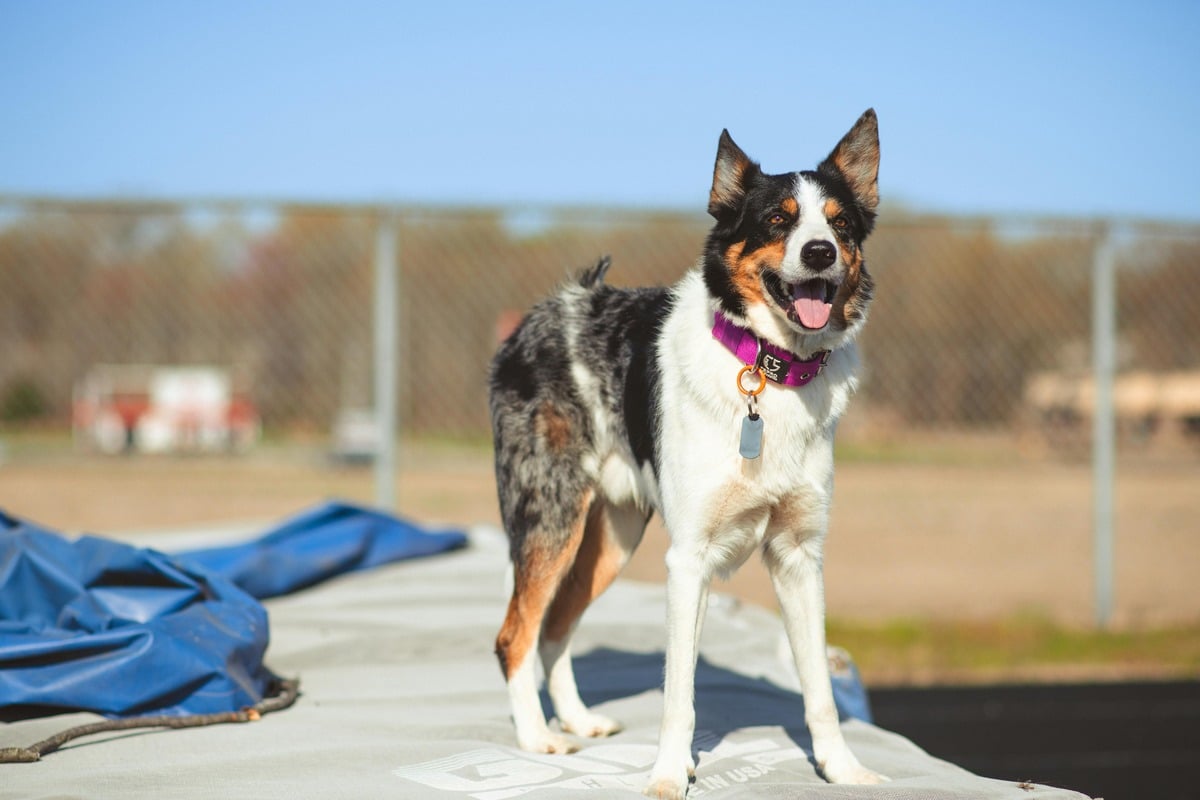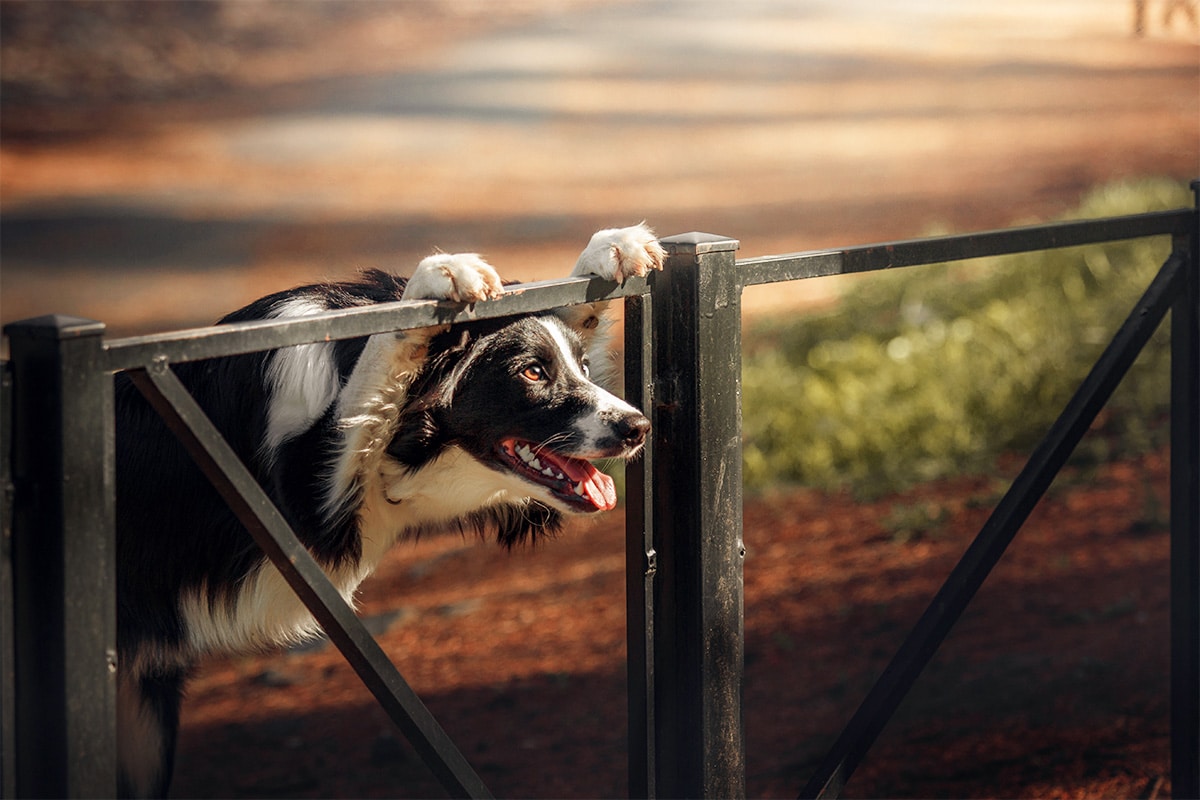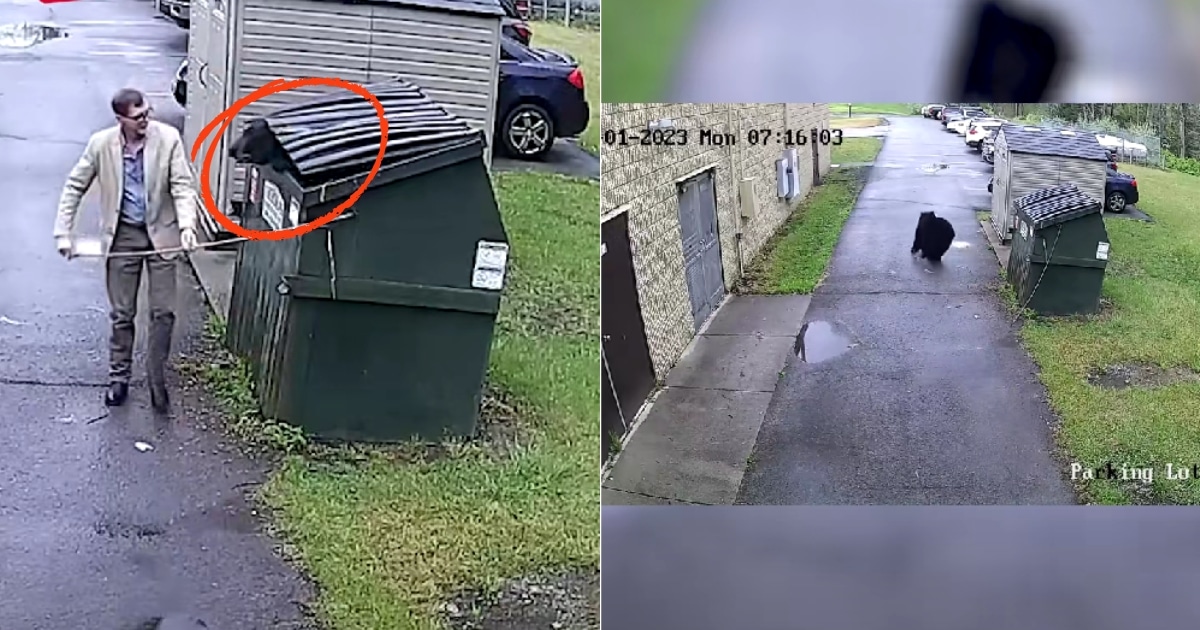 Shutterstock
Shutterstock
When your dog chews up the couch, refuses to listen, or suddenly starts digging holes like they’re training for a backyard excavation team, it’s tempting to assume they’re just being disobedient. But more often than not, misbehavior isn’t about stubbornness or rebellion—it’s their way of communicating that something is off. Dogs don’t act out to ruin your day (even if it feels that way when you’re scrubbing muddy paw prints off the white carpet). Instead, behavior problems usually stem from unmet needs, confusion, or emotional stress.
Boredom Is Taking Over
 Shutterstock
Shutterstock
Dogs need mental and physical stimulation just like humans do. They can become bored without enough activity, which often leads to chewing, digging, barking, or other “creative” outlets. When your dog starts dismantling furniture or inventing indoor obstacle courses, it’s usually a desperate plea for entertainment. Increasing playtime, offering puzzle toys, or adding new adventures to their routine can work wonders. After all, a tired dog is a well-behaved dog.
Pent-Up Energy Needs an Exit
 Shutterstock
Shutterstock
Some dogs are little energy machines who need a daily outlet for all that power. They’ll find ways to burn off steam without sufficient exercise, like zoomies in the living room or chewing on their favorite shoes. High-energy breeds especially need consistent, vigorous activities to stay balanced. Regular walks, games of fetch, or agility courses can help channel that energy into something positive. Otherwise, they’ll burn it off, which might not be on your schedule.
Lack of Clear Communication
 Shutterstock
Shutterstock
Dogs aren’t born knowing what “no,” “sit,” or “leave it” mean. If your dog acts out, it could be because they genuinely don’t understand what’s expected of them. Mixed signals, inconsistent rules, or unclear training confuse dogs and make it harder for them to succeed. Being patient, consistent, and transparent with commands helps them learn faster and feel more secure. Remember: dogs aren’t mind readers, even if they seem to know when you’re considering opening the treat jar.
Anxiety or Stress Is Building Up
 Shutterstock
Shutterstock
Just like humans, dogs can experience anxiety and stress—and it often shows up through behavior problems. Separation anxiety, changes in environment, or even your stress levels can trigger nervous behaviors like barking, destruction, or excessive licking. Helping your dog cope might involve extra reassurance, calming techniques, or even working with a trainer. Sometimes acting out is just their panicked way of saying, “Hey, I’m overwhelmed over here!”
Not Enough Mental Stimulation
 Shutterstock
Shutterstock
Physical exercise is important, but mental exercise is equally crucial for a balanced dog. Dogs can get mentally stagnant without challenges like new tricks, problem-solving games, or even varied walking routes. A bored brain often leads to mischief, because idle paws are the devil’s workshop (or at least your shoe’s worst enemy). Adding brain games, scent work, or training exercises to their day keeps their mind as tired as their body.
Medical Issues or Pain
 Shutterstock
Shutterstock
If your normally well-behaved dog suddenly becomes aggressive, snappy, or destructive, a hidden medical issue could be the cause. Pain, discomfort, and undiagnosed illnesses can lead to irritability or unusual behavior. Things like arthritis, dental pain, or digestive issues aren’t always obvious but can make even the sweetest pup act out. Always rule out health problems with a vet check if your dog’s behavior changes dramatically—it’s incredible how many “bad dogs” just needed a good diagnosis.
Inconsistent Boundaries at Home
 Shutterstock
Shutterstock
Dogs thrive on structure and routine. If the rules change depending on the day (or the person enforcing them), dogs get confused and frustrated. Being allowed on the couch one day and punished for it the next is like playing a game with constantly changing rules. Clear, consistent boundaries across all family members help dogs understand what’s allowed—and help avoid “but grandma lets me!” level mischief.
Underlying Fear or Phobias
 Shutterstock
Shutterstock
Sometimes what looks like disobedience is actually fear in disguise. Loud noises, new objects, unfamiliar people, or traumatic memories can trigger defensive or avoidant behaviors. A dog who barks aggressively at visitors might not be trying to dominate; they might be terrified. Understanding and addressing their fears gently (and possibly with professional help) can turn a “problem dog” into a much calmer, happier pup.
 Shutterstock
Shutterstock
Early experiences shape how dogs view the world. A dog who wasn’t properly socialized as a puppy might be fearful, reactive, or confused about how to interact appropriately. It’s not about being bad—it’s about lacking the life experiences needed to navigate strange situations. Gradual, positive exposure to new people, animals, and environments can help older dogs build social skills they missed earlier.
Reinforced Bad Habits (By Accident)
 Shutterstock
Shutterstock
Dogs are masters at picking up on patterns—even ones you don’t mean to teach. Laughing when your puppy playfully steals a sock? Guess what they’ll do every time they want attention. Giving in when they bark for treats? Welcome to the daily 7 p.m. Bark-Fest. Sometimes we accidentally reward bad behavior by offering attention, treats, or reactions. Fixing it means changing the reward system so good behavior gets all the praise, and sock theft gets a boring, no-reaction response.
Environmental Changes
 Shutterstock
Shutterstock
A move to a new home, the arrival of a new baby, or even rearranging the living room can unsettle your dog. Sudden changes to their familiar environment can cause stress and confusion, leading to acting out. Helping your dog adjust with patience, consistency, and positive reinforcement can ease their transition. To your dog, a new couch might feel as stressful as you switching to living on the moon without warning.
Lack of Proper Outlets for Natural Instincts
 Shutterstock
Shutterstock
Every breed was developed with certain instincts in mind—whether it’s herding, guarding, chasing, or retrieving. When those instincts aren’t given appropriate outlets, dogs may “act out” in ways that are natural to them. A herding dog might nip at kids’ heels, while a retriever might turn every item into a fetch game. Finding positive ways to channel their instincts can massively reduce problem behaviors. Otherwise, you’ll find out firsthand what a “self-employed” Border Collie thinks her job should be.
Simply Needing More Attention
 Shutterstock
Shutterstock
Dogs crave connection with their people. When they feel ignored, left out, or lonely, they sometimes resort to acting out to get your attention—even if it’s negative. Extra playtime, training sessions, or even just belly rubs can go a long way toward keeping them happy and well-behaved. Because sometimes the shredded pillow isn’t about rebellion—it’s about missing their favorite human and finding the loudest way to say it.
The Secret Plot Behind All That “Bad” Behavior Might Be Love (and Snacks)
 Shutterstock
Shutterstock
Before assuming your dog is staging a one-dog rebellion, it’s worth looking at the bigger picture. Many “bad behaviors” are your dog’s way of communicating unmet needs, confusion, or emotional stress. With a little patience, understanding, and a willingness to meet them halfway (or maybe just a little snack-based negotiation), you’ll find that most “problem dogs” are misunderstood geniuses with muddy paws and hearts of gold. Also, they definitely planned to eat the couch… but only because it smelled like you.

 14 hours ago
5
14 hours ago
5


















 English (US) ·
English (US) ·